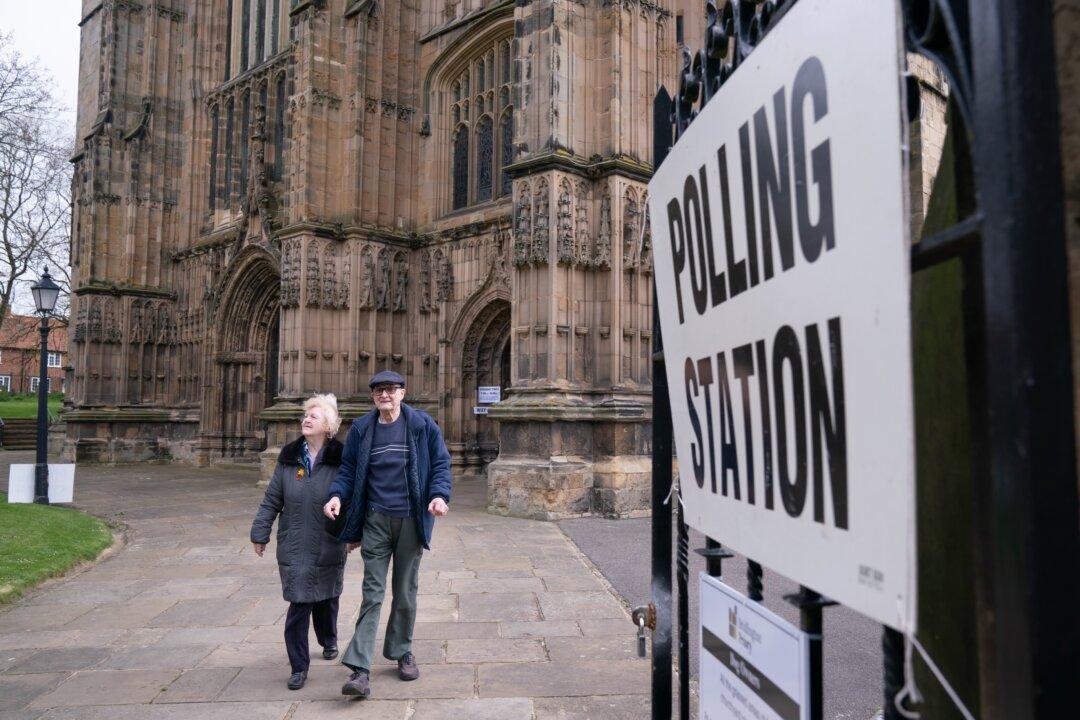An identity check will be introduced for all applications for a postal or proxy vote in UK elections under the government’s plan to bolster election integrity.
In a written statement to Parliament published on Tuesday, Communities Minister Baroness Scott of Brybrook said the government is “introducing appropriate safeguards to reduce the opportunity for individuals to exploit the absent voting process and steal votes.”





